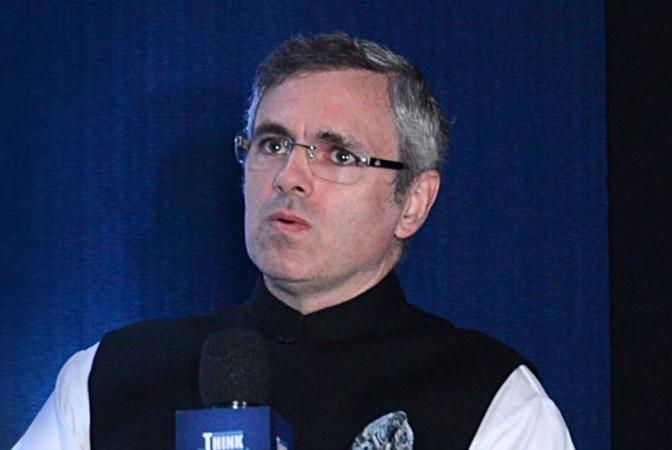
With the National Conference-Congress alliance securing a majority in the Jammu and Kashmir (J&K) Assembly elections, the verdict is still out on who's going to sit on the CM chair. Former J&K CM Farooq Abdullah declared his son Omar Abdullah to be the next CM. While the alliance's victory marks a significant political shift in J&K, the role of the Chief Minister in the UT has its limitations compared to state-level CMs.
Following the reorganization of Jammu and Kashmir into a Union Territory in 2019, the powers of the Chief Minister have been significantly curtailed. Though the new government will handle several crucial areas, the central government continues to maintain control over key aspects of governance, affecting the legislative scope of the CM's office.
Key Powers of the J&K Chief Minister
As the head of the elected government in J&K, the Chief Minister retains authority in several local administrative and legislative areas. These include:
- Municipal governance: The J&K Municipal Act allows the government to legislate on matters related to urban development and civic services.
- Panchayati Raj: Through the J&K Panchayati Raj Act, the government can address rural governance and local self-government initiatives.
- Education: Under the J&K Education Act, the Chief Minister's government can enact laws and policies affecting schools, colleges, and vocational training institutions.
- Health: The J&K Health Act empowers the administration to regulate public health services, hospitals, and health policy.
- Agriculture and tourism: The state retains control over agricultural reforms and tourism promotion, areas that are vital to the local economy.

Limitations on the Chief Minister's Powers
Despite the victory in the elections, the role of the J&K Chief Minister comes with significant limitations imposed by the Centre under the 2019 reorganization. The Chief Minister's government cannot legislate on matters critical to the Union Territory's relationship with the central government, which retains authority over key issues:
- National security and defence: Laws related to the police force, defence, and internal security fall under central jurisdiction, with the Chief Minister requiring approval from the Lieutenant Governor for any policing laws.
- Taxation and revenue: The government cannot introduce laws related to major taxes, such as the Income Tax and GST, as these are centrally controlled. The administration's authority on land revenue also requires the Centre's oversight.
- Foreign policy and constitutional matters: Foreign relations and constitutional amendments remain beyond the Chief Minister's legislative reach.
- National infrastructure and transport: Any legislation concerning national highways, railways, or interstate trade and commerce is handled by the Centre.
The reorganization of J&K into a Union Territory under the Jammu and Kashmir Reorganization Act, 2019 grants the central government significant control over the UT's legislative processes. The Chief Minister's government must align its laws with national policies, and the Lieutenant Governor's approval is required for various matters, especially in areas like law enforcement, land revenue, and electricity.
The unique constitutional status of J&K under Article 239 of the Indian Constitution further empowers the Centre to issue directions to the UT, making it distinct from other states in the Union.









!['Had denied Housefull franchise as they wanted me to wear a bikini': Tia Bajpai on turning down bold scripts [Exclusive]](https://data1.ibtimes.co.in/en/full/806605/had-denied-housefull-franchise-they-wanted-me-wear-bikini-tia-bajpai-turning-down-bold.png?w=220&h=138)



